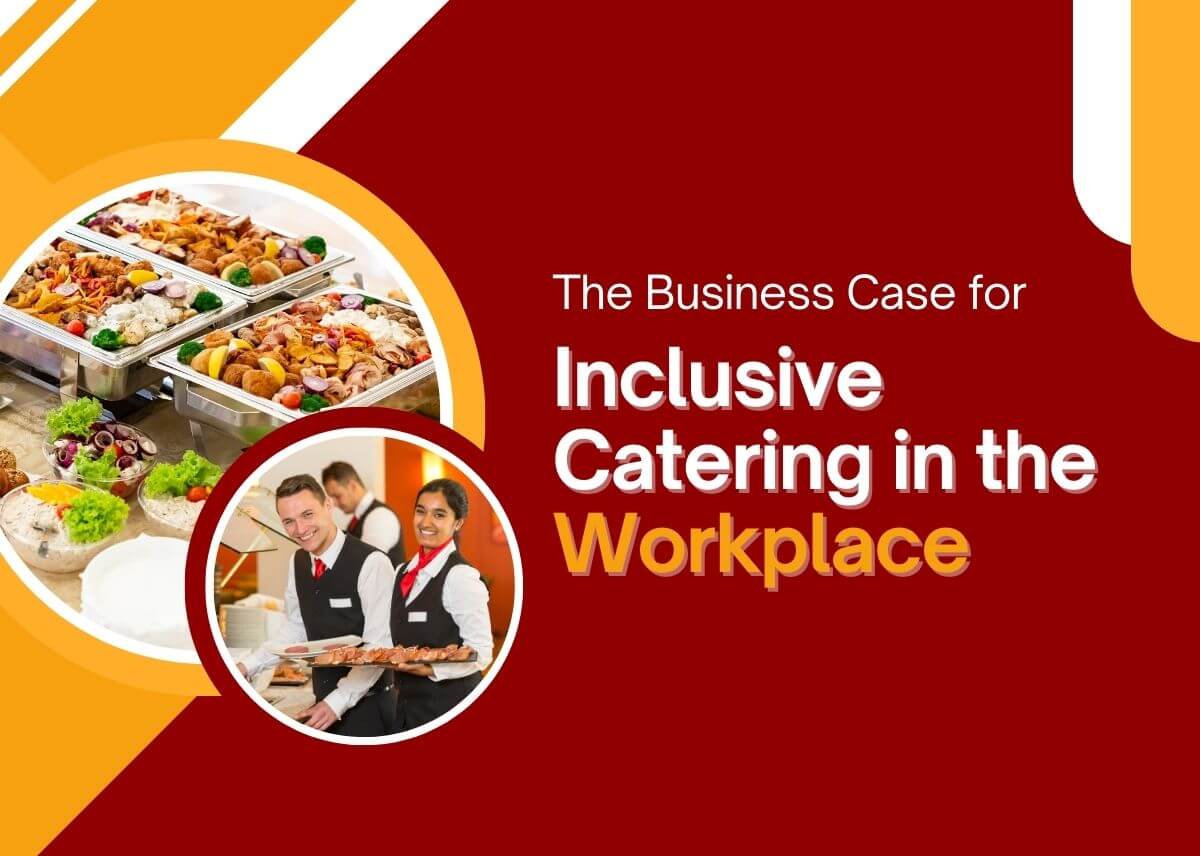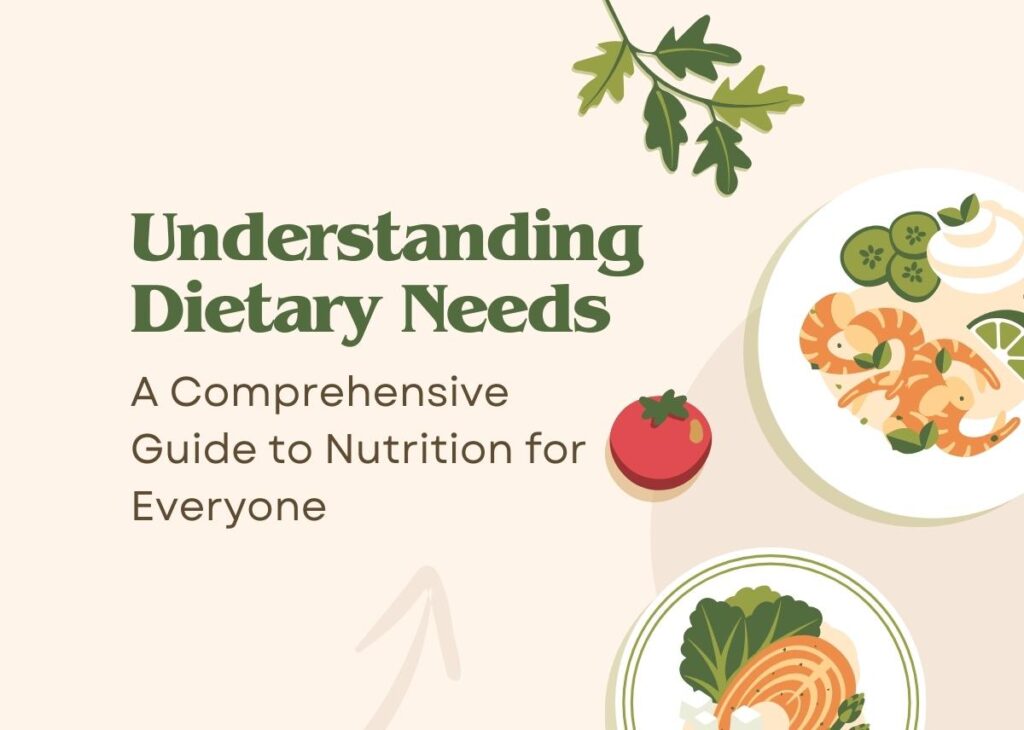The Business Case for Inclusive Catering in the Workplace

Providing inclusive catering in the workplace goes beyond just offering meals; it positively impacts employee satisfaction and productivity. Companies that prioritise inclusive catering in Brisbane often see noticeable benefits in workforce morale. Offering free or healthy food options can contribute to happier employees, leading to increased engagement and better performance.
Table of Contents
Impact on Employee Satisfaction and Productivity
Catering to employees’ nutritional needs significantly shapes workplace dynamics. Employees increasingly prioritize healthy and accessible meal options. Meeting these needs fosters a more focused and motivated workforce.
Free or subsidized meals, especially those catering to diverse dietary needs, are a highly valued benefit, influencing job acceptance and boosting team morale.
A well-nourished team experiences improved concentration, mood, and cognitive function, creating a more positive and productive work environment. For example, companies like Google and Facebook, known for their extensive employee food programs, report increased employee engagement and retention.
Creating a Tech-Enabled Inclusive Menu System
Technology stands at the forefront of modern corporate catering solutions, offering sophisticated tools to manage diverse dietary needs efficiently. Digital systems now streamline every aspect of meal service, from preference tracking to allergen management.
Digital Dietary Preference Management
Smart ordering platforms, such as CaterTrax and ezCater, allow employees to create profiles with their dietary restrictions and preferences. These systems personalize future orders, making the process more efficient and reducing errors.
Employees can customize meals, track deliveries, and provide feedback through user-friendly interfaces. This digital approach aligns with employees’ everyday technology use, creating a familiar and convenient ordering experience.
Smart Menu Planning Tools
Advanced menu planning software, like NutriBase and ChefTec, enables real-time nutritional analysis and recipe management. These tools offer:
- Automated calorie calculations and ingredient tracking
- Centralised menu management across locations
- Seasonal rotation capabilities
- Supply chain integration with over 1.5 million food items
Specifically, these platforms help maintain consistency while offering flexibility for different dietary needs. The software analyses recipes instantly, showing allergens and nutritional data for even minor ingredient changes.
Automated Allergen Tracking Solutions
Modern allergen tracking software has become essential for food safety compliance. Notably, these systems automatically display allergen and nutritional data during recipe creation. The software lets suppliers load allergen information directly against their products, ensuring accuracy across all menus and recipes.
Essential features include automated allergen labelling, which simplifies ingredient identification and enhances consumer trust.
Moreover, the system provides centralised menu management, allowing quick updates across multiple locations while maintaining labelling accuracy. This technology notably reduces risk throughout the menu management process, making it easier to create and update recipes while ensuring safety.
Implementing Sustainable Inclusive Practices
Local Sourcing Strategies
Local sourcing strengthens the connection between corporate dining and regional producers. Indeed, food sourced locally travels approximately 50 miles compared to 1,500 miles for globally sourced alternatives.
Primarily, this approach ensures fresher ingredients while supporting local economies – for every dollar spent on local products, 68 cents remain in the nearby community.
Eco-Friendly Packaging Solutions
Compostable packaging, made from renewable resources like sugarcane and plant-based plastics, offers a practical solution for corporate catering packages. These materials readily break down, reducing environmental impact while maintaining food quality.
Rather than using traditional disposables, businesses now opt for certified compostable products that can be processed alongside food scraps.
Reducing Food Waste While Maintaining Options
Food waste presents a significant challenge, with one-third of all food produced globally going uneaten. Successful waste reduction strategies include:
- Implementing portion control innovations
- Creating versatile menus using seasonal ingredients
- Offering customisable meal options to reduce uneaten food
- Redistributing surplus food through partnerships with organisations
Many businesses find that investing in food waste reduction pays off quickly, often within the first year. By implementing thoughtful planning and innovative strategies, companies can minimise waste while maintaining variety in their catering.
Most organisations manage to achieve significant waste reduction without incurring substantial costs, keeping their investment relatively modest.
Building an Inclusive Corporate Catering Program
Success in inclusive corporate catering stems from well-trained staff and robust quality control systems. Research shows companies with strong diversity and inclusion programs are 5.4 times more likely to retain top talent.
Staff Training and Communication Protocols
Effective staff training forms the foundation of inclusive catering services. Primarily, training programs must cover essential components:
- Food safety and allergen management
- Cultural sensitivity and dietary customs
- Clear labelling protocols
- Cross-contamination prevention
- Emergency response procedures
Subsequently, staff must understand that levels of adherence to religious or cultural customs are personal decisions. Therefore, individual consultation remains crucial for religious observances rather than making assumptions based on appearances.
Quality Control Measures
Quality assurance in inclusive catering requires meticulous attention to detail. Licensed dietitians play a vital role in menu planning and ensuring meals meet government and company guidelines. Accordingly, they oversee food preparation, examination, and facility sanitary management to maintain high standards.
Building a Stronger Workplace Through Inclusive Catering
Corporate catering is a powerful tool for fostering an inclusive workplace. Thoughtful menu planning, sustainable practices, and technology create dining experiences that celebrate diversity and boost employee satisfaction.
Benefits include higher productivity, improved retention, and cost savings through waste reduction. Key elements for success are well-trained staff, robust quality control, and regular feedback.
Companies that prioritize individual dietary needs, sustainability, and efficiency strengthen their overall performance. Inclusive catering represents the future of employee engagement and organizational success.






